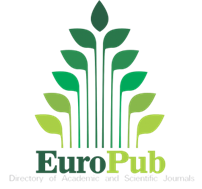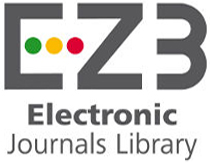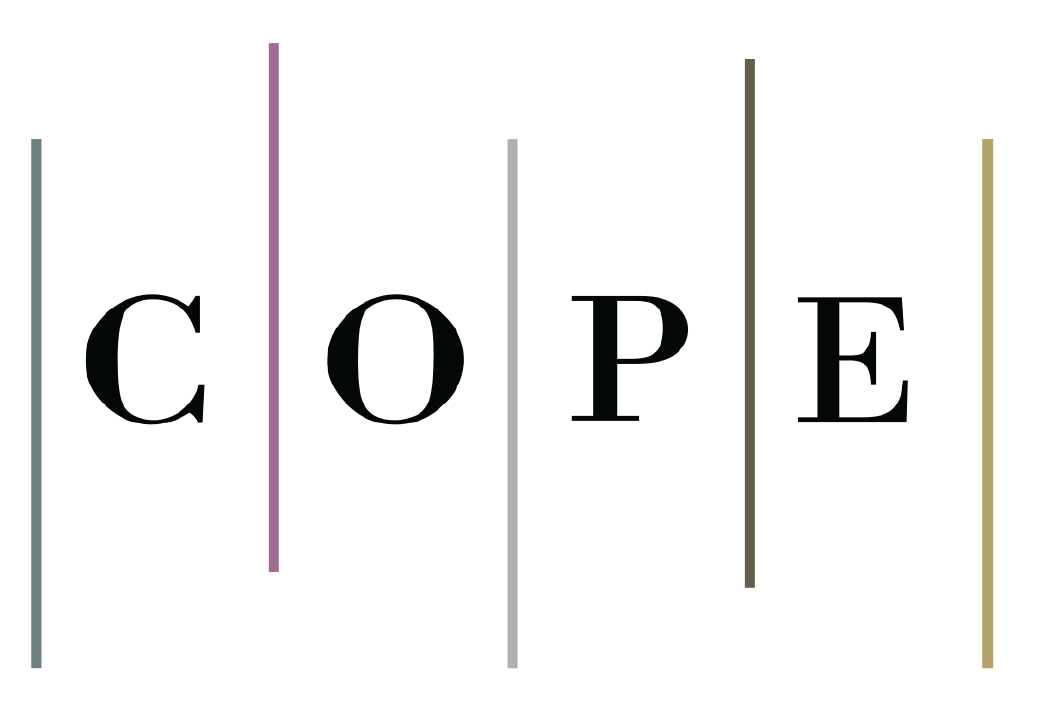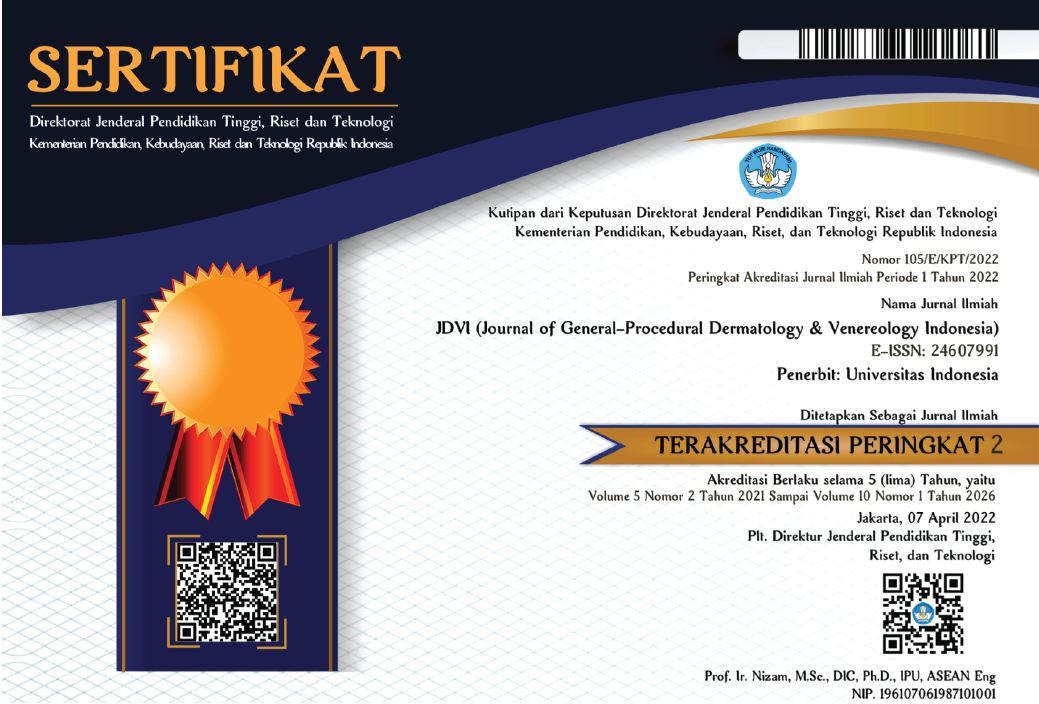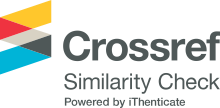Abstract
Background: Scabies has been added to World Health Organization (WHO) list of neglected tropical disease in 2017. Various methods have been developed to control scabies in highly prevalent communities. In this study we conducted a diagnostic study to evaluate the performance of scabies detection by trained nonmedical personnel (NMP) using Deteksi Skabies (Deskab) instrument which has been validated for NMP.
Methods: Eight NMPs in a boarding school were trained to detect scabies using DeSkab instrument. The NMPs diagnosis were compared to diagnosis of 10 medical doctors. The study was conducted in a religion-affiliated boarding school in West Java, Indonesia. Both examiners consecutively assessed boarding school students using DeSkab instrument and were blinded to each other findings.
Results: Among 140 participants included in this study, scabies was confirmed by medical doctors in 60 participants. Diagnostic accuracy of NMPs examination is 72.14% [95% confidence interval (CI) 64.2-78.9], with sensitivity and specificity 67.42% (95% CI 57.13-76.26), and 80.32% (95% CI 67.54-88.98) respectively. The inter-rater agreement (Cohen’s kappa) for diagnosing scabies is 0.44.
Conclusion: NMPs can be trained to detect scabies in their community with acceptable accuracy. Improving training are recommended to further improve the diagnosis skills and maintaining sustainable detection program.
References
- Leung AKC, Lam JM, Leong KF. Scabies: A neglected global disease. Curr Pediatr Rev. 2020;16:33–42.
- El-Moamly AA. Scabies as a part of the World Health Organization roadmap for neglected tropical diseases 2021 – 2030: What we know and what we need to do for global control. Trop Med Health. 2021;49(1):64.
- Boediardja S, Handoko R. Skabies. In: Menaldi S, Bramono K, Indriatmi W, editors. Ilmu penyakit kulit dan kelamin. 7th ed. Jakarta: Fakultas Kedokteran Universitas Indonesia; 2016. p.137–40. Indonesian.
- World Health Organization, editors. WHO informal consultation on a framework for scabies control meeting report: World Health Organization Regional Office for the Western Pacific; 2019 Feb 19-21; Manila, Philippines. Geneva: World Health Organization; 2020. p.1–36.
- Karimkhani C, Colombara DV, Drucker AM, et al. The global burden of scabies: A cross-sectional analysis from the Global Burden of Disease Study 2015. Lancet Infect Dis. 2017;17(12):1247–54.
- Gunardi KY, Sungkar S, Widaty S, Irawan Y. Level of evidence diagnosis skabies berdasarkan oxford centre for evidence-based medicine. EJournal Kedokteran Indonesia. 2022;10(3):276–83.
- Parman, Hamdani, Rachman I, Pratama A. Faktor-faktor hygiene perorangan santri terhadap kejadian penyakit kulit skabies di Pesantren Al-Baqiyatushshalihat Tanjung Jabung Barat tahun 2017. Jurnal Ilmiah Universitas Batanghari Jambi. 2017:17(3);243-52. Indonesian.
- Rihatmadja R, Miranda E, Wicaksono MM, Widaty S. Why are they hard to treat? A preliminary survey to predict important factors causing persistent scabies among students of religion-affiliated boarding schools in Indonesia. Dermatol Reports. 2019;11(S1):41–3.
- Widaty S, Miranda E, Cornain EF, Rizky LA. Scabies: Update on treatment and efforts for prevention and control in highly endemic settings. J Infect Dev Ctries. 2022;16(2):244–51.
- Banerji A. Scabies. Paediatr Child Health. 2015;20(7):395–8.
- Widaty S, Krisanti RIA, Rihatmadja R, et al. Development of “Deskab” as an instrument to detect scabies for non-medical personnel in Indonesia. Dermatol Reports. 2019;11:25–7.
- Miranda E, Menaldi SL, Rihatmadja R, Marissa M, Priyanto MH, Widaty S. Community based scabies detection by trained non-medical personnel: Proceedings of the 23rd Regional Conference of Dermatology (RCD 2018); 2018 Aug 8-11; Surabaya, Indonesia. Surabaya: SCITEPRESS; 2021. p.199–203.
- Lake SJ, Kaldor JM, Hardy M, Engelman D, Steer AC, Romani L. Mass drug administration for the control of scabies: A systematic review and meta-analysis. Clin Infect Dis. 2022;75(6):959–67.
- Walker SL, Collinson S, Timothy J, et al. A community-based validation of the international alliance for the control of scabies consensus criteria by expert and non-expert examiners in Liberia. PLoS Negl Trop Dis. 2020;14:e0008717.
- Solomon AW, Pavluck AL, Courtright P, et al. The global trachoma mapping project: Methodology of a 34-country population-based study. Ophthalmic Epidemiol. 2015;22(3):214–25.
- Faye O, Hay RJ, Ryan TJ, Keita S, Traoré AK, Mahé A. A public health approach for leprosy detection based on a very short term-training of primary health care workers in basic dermatology. Lepr Rev. 2007;78(1):11–6.
- Deribe K, Wanji S, Shafi O, et al. The feasibility of eliminating podoconiosis. Bull World Health Organ. 2015;93(10):712–8.
- Widaty S, Menaldi SL, Rihatmadja R, et al. Involvement of non-medical personnel in management of scabies at a boarding school in Indonesia. The Southeast Asian Journal of Tropical Medicine and Public Health. 2021;52(4):527–37.
- Osti MH, Sokana O, Gorae C, Whitfeld MJ, Steer AC, Engelman D. The diagnosis of scabies by non-expert examiners: A study of diagnostic accuracy. PLoS Negl Trop Dis. 2019;13(8):1–13.
- Engelman D, Yoshizumi J, Hay RJ, et al. The 2020 international alliance for the control of scabies consensus criteria for the diagnosis of scabies. Br J Dermatol. 2020;183(5):808–20.
- Marks M, Engelman D, Romani L, et al. Exploration of a simplified clinical examination for scabies to support public health decision-making. PLoS Negl Trop Dis. 2018;12(12):e0006996.
- Akobeng AK. Understanding diagnostic tests 2: Likelihood ratios, pre- and post-test probabilities and their use in clinical practice. Acta Paediatr. 2007;96(4):487–91.
- Safari S, Baratloo A, Elfil M, Negida A. Evidence based emergency medicine part 2: Positive and negative predictive values of diagnostic tests. Emerg (Tehran). 2015;3(3):87–8.
- Mchugh ML. Interrater reliability: The kappa statistic. Biochem Med (Zagreb). 2012;22(3):276–82.
- Salavastru CM, Chosidow O, Boffa MJ, Janier M, Tiplica GS. European guideline for the management of scabies. J Eur Acad Dermatol Venereol. 2017;31(8):1248–53.
Recommended Citation
Widaty, Sandra; Kekalih, Aria; Friska, Dewi; Bramono, Kusmarinah; Sari, Siti Maulidya; Darmawan, Irene; Sujudi, Yufanti; Hartanto, David Dwiadiputra; Kartika, Emiliana; and Oktavia, Nikken Rima
(2024)
"Empowering nonmedical personnel to detect scabies in endemic area using DeSkab instrument: A diagnostic study,"
Journal of General - Procedural Dermatology and Venereology Indonesia: Vol. 8:
Iss.
1, Article 2.
DOI: 10.7454/jdvi.v8i1.1170
Available at:
https://scholarhub.ui.ac.id/jdvi/vol8/iss1/2
Included in
Community Health and Preventive Medicine Commons, Dermatology Commons, Parasitic Diseases Commons



















